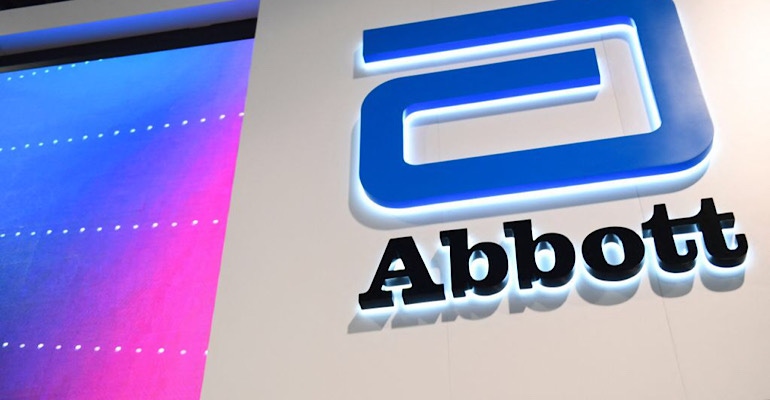Abbott’s CGM Readers Face Class I Recall Over Lithium-ion Battery Issues
The recall impacts the FreeStyle Libre, FreeStyle Libre 14 day, and FreeStyle Libre 2 Readers.
April 10, 2023

Abbott Laboratories is facing a Class I recall regarding lithium-ion battery issues associated with the readers of some of its Freestyle Libre Technology.
The reader is a small handheld device that collects glucose readings directly from a continuous glucose monitoring (CGM) sensor worn on the back of a person’s upper arm, allowing for real-time management of diabetes. Users can also manage their glucose readings through a smartphone app.
FDA's measure follows Abbott initiating a voluntary medical device correction earlier last week.
The recall stems from the FreeStyle Libre, Libre 14-day, and Libre 2 Flash Glucose Management Systems reader devices, which use rechargeable lithium-ion batteries, potentially getting extremely hot, sparking, or catching on fire if not properly stored, charged, or used with its Abbott provided USB cable and power adapter.
“No readers are being physically recalled and customers can continue to safely use their readers with the Abbott-provided USB cable and power adapter," the company told MD+DI via email. "Customers do not need to return their readers. The steps outlined at www.FreeStyleBattery.com provide guidance on how to properly store, charge and use a reader and its accompanying USB cable and power adapter.”
The reader, if not properly stored, charged, or used with its Abbott-provided USB cable and power adapter, may expose users to extreme heat and/or fire which can cause serious injuries or death. Additionally, users may delay or miss a critical diabetes treatment if the system cannot be used after is damaged by extreme heat.
This does not affect any of the FreeStyle Libre family of sensors.
Lithium-ion batteries can achieve some of the highest energy densities available on the market, and medical device companies benefit from their reduced weight and increased battery life. However, there are several safety implications when choosing these power sources. Due to the potential of overheating and catching fire — which can occur by overcharging, overloading, and mechanically or environmentally over-stressing — medical devices containing rechargeable lithium batteries must meet IEC 62133 standards.
Abbott won a nod from FDA for the Freestyle Libre Flash GCM system in 2017. FDA’s nod was considered a major win for Americans with diabetes because it eliminated routine finger sticks, which had been the standard of glucose testing for more than 40 years.
About the Author(s)
You May Also Like




